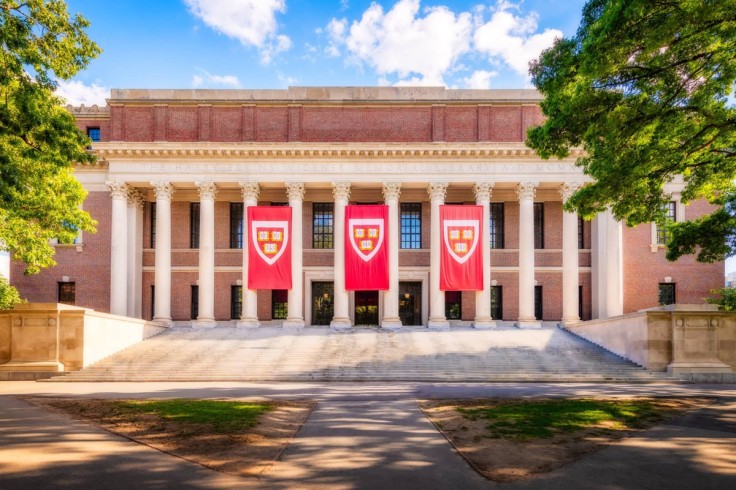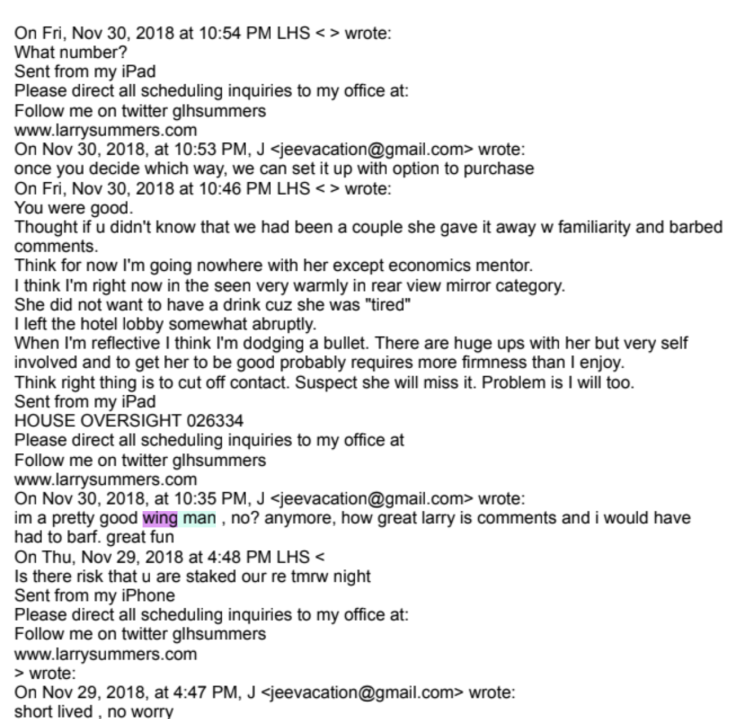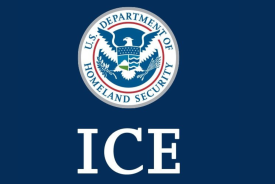Harvard Knew—And Did Nothing: University's Epstein Ties Continued Years After Promised Severance
By
Harvard University faces renewed scrutiny this week as newly released congressional documents expose what critics are calling a systematic institutional failure: the university's continued entanglement with convicted sex offender Jeffrey Epstein years after publicly declaring those ties severed.
The revelations, forced into the open only after the House Oversight Committee released more than 20,000 pages of documents from Epstein's estate, paint a damning picture of an elite institution that looked the other way while one of its most prominent figures maintained an intimate relationship with a registered sex offender.
The Cover-Up Unravels
At the heart of the scandal is former Harvard President Lawrence Summers, whose extensive correspondence with Epstein continued through July 5, 2019—just one day before Epstein's arrest on new federal sex trafficking charges. The emails and text messages show Summers seeking personal advice from Epstein about pursuing a romantic relationship with a woman he described as his mentee, with Epstein calling himself Summers' "wing man."

But this wasn't just a personal failing. It was an institutional one.
Harvard's 2020 investigation concluded that the university stopped accepting donations from Epstein after his 2008 conviction for soliciting prostitution from a minor. That report, conducted by Harvard's general counsel, was supposed to be the final word on the university's Epstein problem. It wasn't.
The newly released documents reveal that while Harvard publicly distanced itself from Epstein, its former president was confiding in him about intimate matters, discussing Harvard initiatives, and maintaining regular contact—all while Epstein remained a convicted sex offender.
A Pattern of Institutional Blindness
This wasn't the only way Harvard's ties to Epstein persisted after 2008. The 2020 report itself documented that Epstein visited Harvard's Program for Evolutionary Dynamics offices more than 40 times between 2010 and 2018. He had a permanent keycard. He met with researchers. He was accompanied by young women he introduced as his "assistants."
Yet it took public outcry and congressional investigation to force Harvard to act. Professor Martin Nowak, who ran the program Epstein had initially funded with millions, was only placed on paid administrative leave after the 2020 report's release—twelve years after Harvard supposedly cut ties with Epstein.
The university knew. And it did nothing.
Congress Forces Harvard's Hand—Again
The pattern is clear: Harvard only investigates when forced to by external pressure. The 2020 review came only after Epstein's 2019 arrest and death made headlines worldwide. Now, Harvard has announced yet another investigation—this time into Summers and other affiliates—but only after Congress released documents the university could no longer ignore.
Senator Elizabeth Warren, herself a former Harvard Law School professor, didn't mince words in calling for Harvard to sever ties with Summers entirely. Summers, she said, showed an inability to distance himself from Epstein that proves he "cannot be trusted" with students.
Harvard's response? Another investigation. Another promise of accountability. Another set of recommendations that will supposedly prevent this from happening again.
But the damage to Harvard's credibility may be irreparable. The university claims it values transparency and accountability, yet its relationship with Epstein tells a different story—one of an institution more concerned with protecting its reputation and its powerful affiliates than with confronting uncomfortable truths.
The Broader Implications
The Epstein scandal at Harvard isn't just about one convicted sex offender's access to an elite institution. It's about the corrosive influence of wealth and power in academia, and about universities' willingness to compromise their stated values when it serves their interests.
Harvard accepted $9.1 million from Epstein between 1998 and 2008. After his conviction, the university allowed him to facilitate millions more in donations from wealthy donors like Leon Black. Development officers knew about Epstein's continued involvement in encouraging donations but took no steps to discourage it, according to the 2020 report.
Meanwhile, one of Harvard's most distinguished faculty members—a former U.S. Treasury Secretary and presidential advisor—maintained a close personal relationship with Epstein for years, apparently without consequence or oversight.
A Crisis of Leadership
Harvard's leadership has consistently been reactive rather than proactive. The university didn't investigate Epstein's ties until forced to. It didn't place faculty on leave until public outcry demanded it. It didn't announce a new investigation into Summers until Congress made his continued relationship with Epstein impossible to ignore.
This is not how an institution committed to truth and accountability behaves. This is how an institution in crisis management mode behaves—one more concerned with damage control than with genuine reform.
The current investigation, announced this week, may reveal additional policy violations and lead to new reforms. But Harvard has made promises before. The 2020 report included recommendations for reviewing controversial gifts and appointing visiting fellows. Those reforms came too late to prevent Summers' relationship with Epstein from continuing for another decade.
Justice Delayed, Justice Denied
For survivors of Epstein's abuse, Harvard's failures represent more than institutional incompetence. They represent a system that protected their abuser, that gave him legitimacy, that allowed him continued access to prestigious institutions even after his conviction.
As Congress voted overwhelmingly this week to force the Justice Department to release all Epstein-related files, survivors stood in the gallery and cheered. They had fought for years for transparency and accountability. Harvard could have led that fight. Instead, it had to be dragged into it.
The university now faces a reckoning it can no longer avoid. The question is whether this time—finally—it will choose genuine accountability over self-preservation. The evidence so far suggests it will do what it has always done: investigate, issue a report, make recommendations, and hope the scandal fades.
But the survivors deserve better. Students deserve better. And the public deserves an honest accounting of how one of the world's most prestigious universities became complicit in protecting a sexual predator's reputation—and why it took congressional subpoenas to force the truth into the light.
Editor's Note: Harvard University spokesperson Jonathan L. Swain stated that "the University is conducting a review of information concerning individuals at Harvard included in the newly released Jeffrey Epstein documents to evaluate what actions may be warranted." Former President Summers announced he would step back from public commitments while continuing to teach at Harvard, stating he is "deeply ashamed" of his relationship with Epstein.
© 2026 University Herald, All rights reserved. Do not reproduce without permission.








